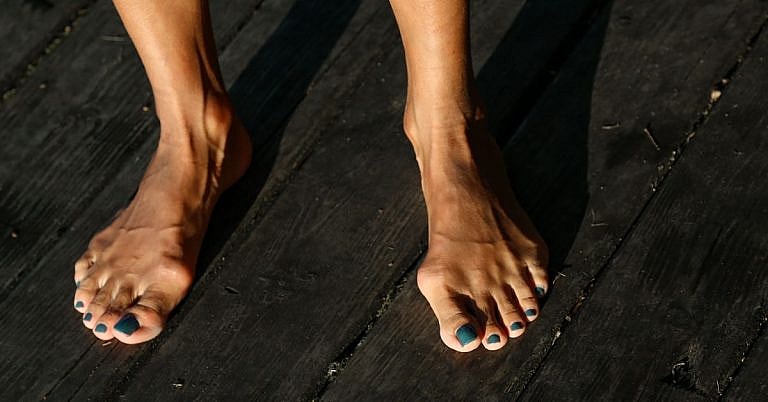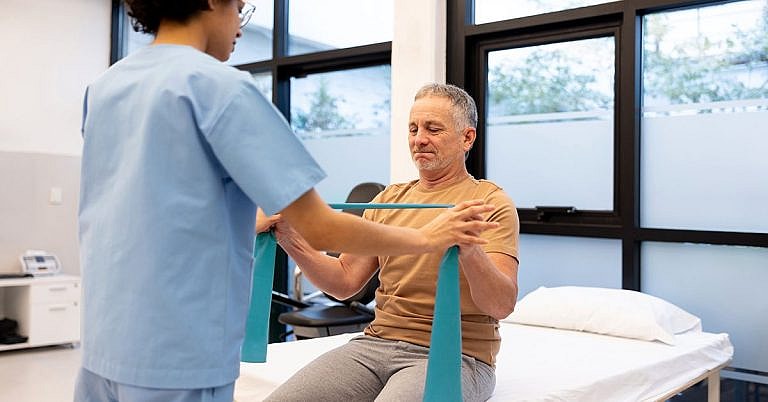What is Facial: Symptoms, Causes, Diagnosis, and Treatment
What is a facial?
A facial is a beauty treatment that exfoliates the skin for a younger and healthier-looking face. Initially, facial was only a common treatment for women, but the astonishing results have made it popular among men as well. Most spas and beauty salons offer a variety of facial treatments, which work best in combination with an ongoing skin care program.
Who performs a facial?
If you do not have any facial skin problem such as acne, then a qualified or licensed esthetician will be able to perform the treatment. The esthetician will likely ask you to fill out a form that requests information on your skin condition, diet, and medications or supplements that you are currently taking. Since certain drugs may react with the chemicals used in a facial, the information you provide can prevent skin care issues during and after treatment.
Meanwhile, if you have a facial skin problem, it’s best to see a licensed dermatologist. It should be cleared first before you can proceed with the facial treatment.
How is a facial performed?
The treatment begins with thoroughly cleansing your face. The esthetician will then analyze your skin to check for conditions such as blackheads, sun damage, dryness, oiliness, and aging. Based on your skin condition, the esthetician will decide on the proper form of treatment.
In most cases, especially if you do not have a very sensitive skin, the esthetician will expose your skin to steam to soften up the blackheads and/or whiteheads.
Exfoliation then follows. Using different chemicals, the esthetician will remove the blackheads, whiteheads, and other types of skin impurities and blemishes. This process may be painful, so if you want to skip the process, inform the esthetician beforehand. Nevertheless, it’s highly advisable that you have these removed to avoid a more severe case of acne.
The esthetician will then massage your skin to soften it and improve circulation of blood before placing a facial mask. Since you have to wear it for at least an hour, you can relax and perhaps enjoy other services such as a scalp massage.
After the mask is removed, the esthetician will apply cleanser, toner, and moisturizer.
Typically, estheticians end the session by providing professional advice on home skin care.
/trp_language]
[trp_language language=”ar”][wp_show_posts id=””][/trp_language]
[trp_language language=”fr_FR”][wp_show_posts id=””][/trp_language]
**Question & Answer on Facial: Symptoms, Causes, Diagnosis, and Treatment**
**Q: What is facial?**
**A:** Facial refers to a cosmetic treatment that involves using specialized products and techniques to cleanse, exfoliate, and nourish the skin on the face. Facials are typically performed by trained professionals in spas or skincare clinics.
**Q: What are the common symptoms of needing a facial?**
**A:** Signs that you may need a facial treatment include:
* Dry, flaky skin
* Oily or acne-prone skin
* Enlarged pores
* Blackheads and whiteheads
* Dull or uneven skin tone
**Q: What are the different types of facials?**
**A:** Facials vary based on the skin’s specific needs and can include:
* Hydrating facials for dry skin
* Detoxifying facials for acne-prone skin
* Anti-aging facials for mature skin
* Brightening facials for dull skin
**Q: What are the causes of skin problems that may require a facial?**
**A:** Skin problems that can benefit from facials may be caused by:
* Hormonal changes
* Environmental factors (e.g., sunlight, pollution)
* Poor skincare habits
* Stress
* Certain medical conditions
**Q: How is a facial typically performed?**
**A:** A professional facial typically involves these steps:
* Double cleansing to remove makeup and impurities
* Exfoliation to remove dead skin cells
* Extraction to remove blackheads and whiteheads
* Application of a face mask targeted to the client’s skin type
* Massage to improve circulation and lymphatic drainage
* Application of serums, moisturizers, and sunscreen
**Q: Who is a good candidate for a facial?**
**A:** Almost anyone can benefit from a facial, except those with certain skin conditions or allergies. Consult with a dermatologist or skincare professional before getting a facial if you have sensitive or problematic skin.
**Q: How often should you get a facial?**
**A:** The recommended frequency for facials varies based on skin type and needs. Typically, once a month is sufficient for most people. However, those with acne-prone or oily skin may need facials more often.
**Q: What are the benefits of getting a facial?**
**A:** Regular facials can help:
* Improve skin texture and tone
* Reduce wrinkles and fine lines
* Combat acne and blackheads
* Hydrate dry skin
* Detoxify oily skin
* Promote relaxation and stress relief
**Q: What should you expect after a facial?**
**A:** After a facial, your skin may experience some temporary redness or irritation, which usually subsides within 24 hours. Make sure to follow the skincare advice provided by the professional to maintain the results of your facial.








WebMD – Symptoms, Causes, and Treatment for Facial